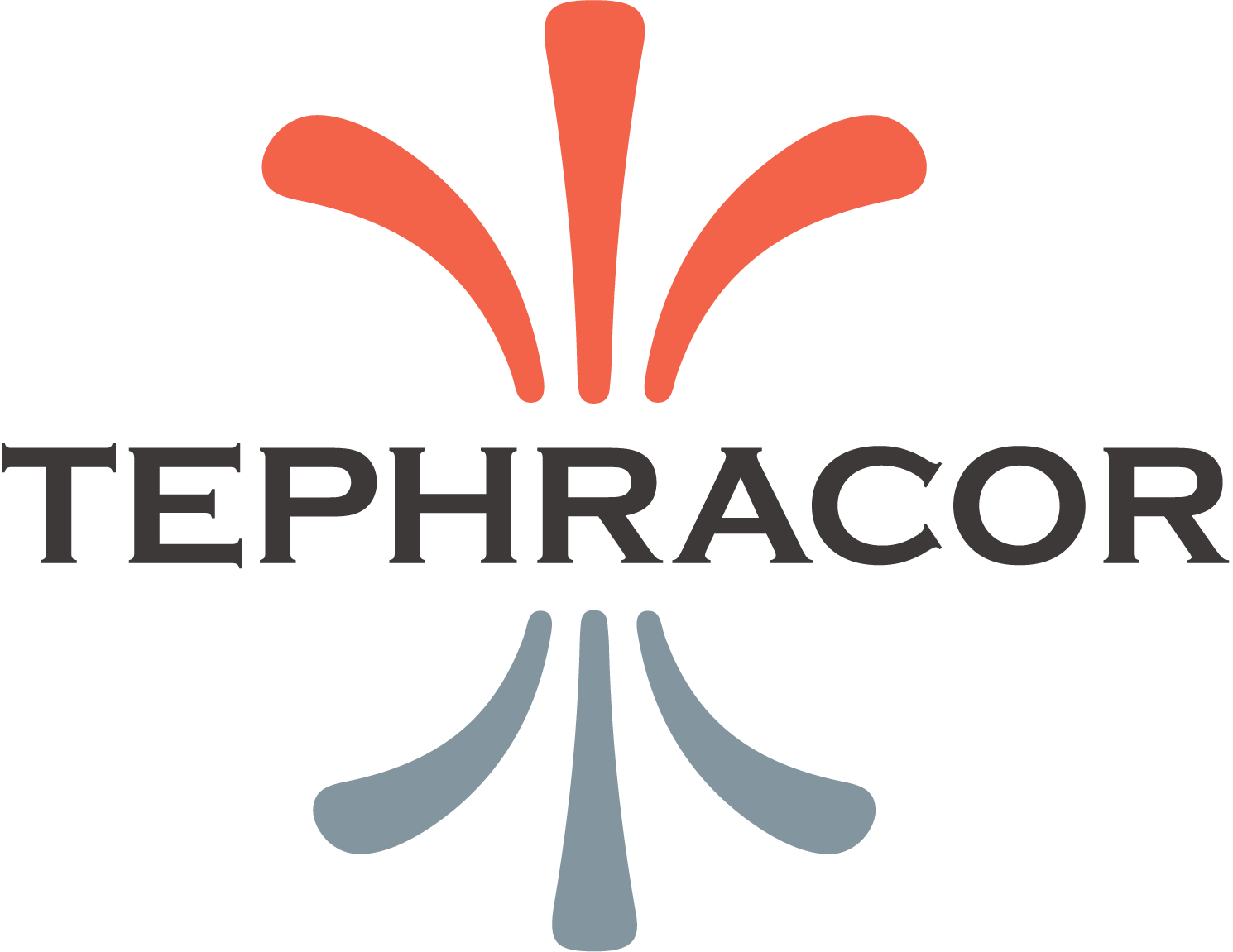Tephracor Collaborative Research with Clemson University
Dr. David Foster at Clemson University's doing collaborative research to establish best practices for application rates of basaltic soil amendments on corn and soybeans under various conditions, including ideal and drought-stressed environments.
In July, Dr. David Foster visited Clemson University's Edisto Research and Education Center in Blackville, South Carolina. This visit aimed to collaborate with researchers to explore the benefits of Tephracor's volcanic raw materials on row crops. This collaboration is a significant step in establishing best practices for application rates on corn and soybeans under various conditions, including ideal and drought-stressed environments.
Preliminary results from this research have been promising, showing growth differentials of up to 20% in irrigated plots and up to 50% in drought-stress areas. These findings highlight the potential of Tephracor's basaltic soil amendments to significantly improve crop health, reduce the need for traditional fertilizers, and lower production costs. This research demonstrates how Tephracor's innovative products can contribute to sustainable agriculture, enhancing food security and promoting environmental stewardship.
Dr. David Foster stands next to large corn plants grown with Tephracor's basaltic soil amendment.
This photo shows healthy soybean rows grown with Tephracor's basaltic soil amendment.



